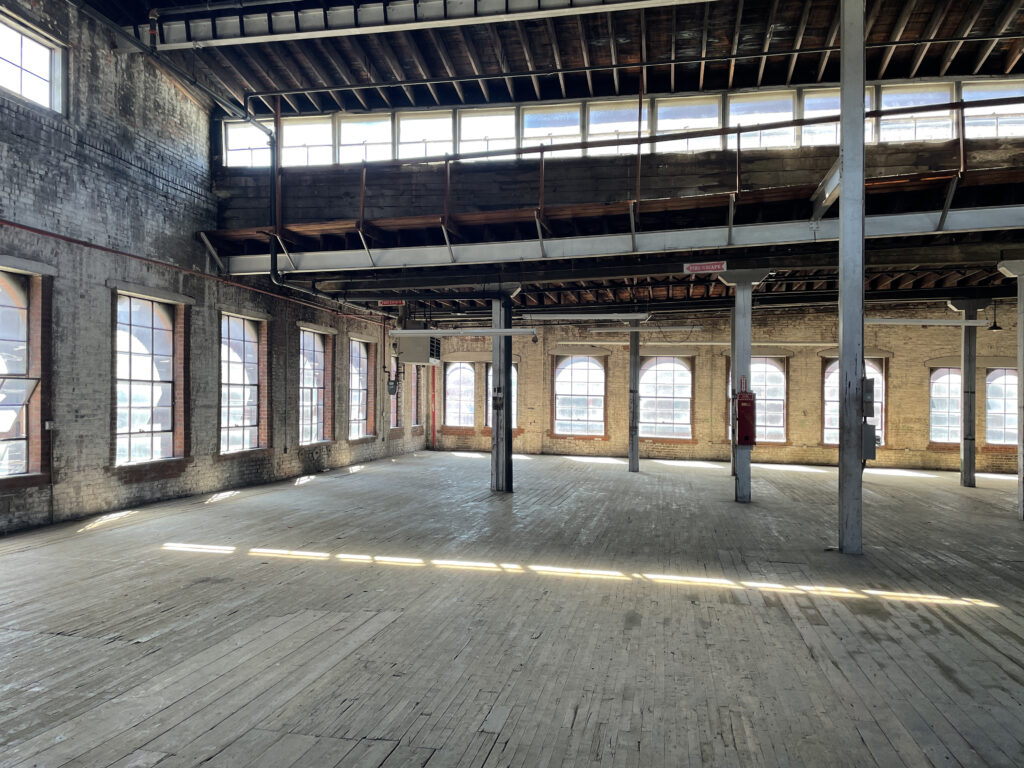As an architect and community member/advocate, I’ve been studying the issue of climate change for over two decades. These are three key steps that I believe would greatly benefit Kansas City on the path toward carbon neutrality and equity.
1. Climate change is impacting rainfall rates and frequency most in the Midwest. We see more precipitation in shorter durations, affecting the basements of buildings around the City. My basement backed up, and we had sewage 4” high in our basement; it required a costly plumbing fix to avoid happening again but might require a backflow preventer. This is a cost many individual homeowners can’t afford, and upgrades to our combined sewer systems must be made by municipalities.
2. The above strategy is one of mitigation. The next two strategies deal with avoidance, which generally costs much less than mitigation. To avoid elevating Earth’s temperature above 1.5 degrees (we are currently 1.2 higher than pre-Industrial Revolution), we also need strategies to reduce GHG. We have in Kansas City the largest percent of road mileage per capita of any city in the US. This abundance of street surface causes a heat island effect. Please reduce investment in building more roads, investing instead in item 1 above, and Street Trees. Trees are a low-cost solution to the Climate change problem, absorbing and storing carbon while also improving property values, providing beautification, habitat, etc. We are removing more trees than we are planting, and the urban canopy requires replenishing.
3. Also critical to the problem is buildings. Buildings are responsible for 40-45% of greenhouse gas emissions nationally, and this number is closer to 65% locally due to our high dependence on coal-fired power. We can use two approaches to mitigate this quickly – improved building codes – and water use reduction policies. Pumping water is the most significant usage of power by the City. Providing aerators and instructions for low-cost water use reduction tips could lower this burden by 25%. Data analysis for faster, intelligent insights into energy savings and water use reduction is something we developed, called PlanIT Impact. We are happy to provide this tool to the City to assist with the planning effort.




